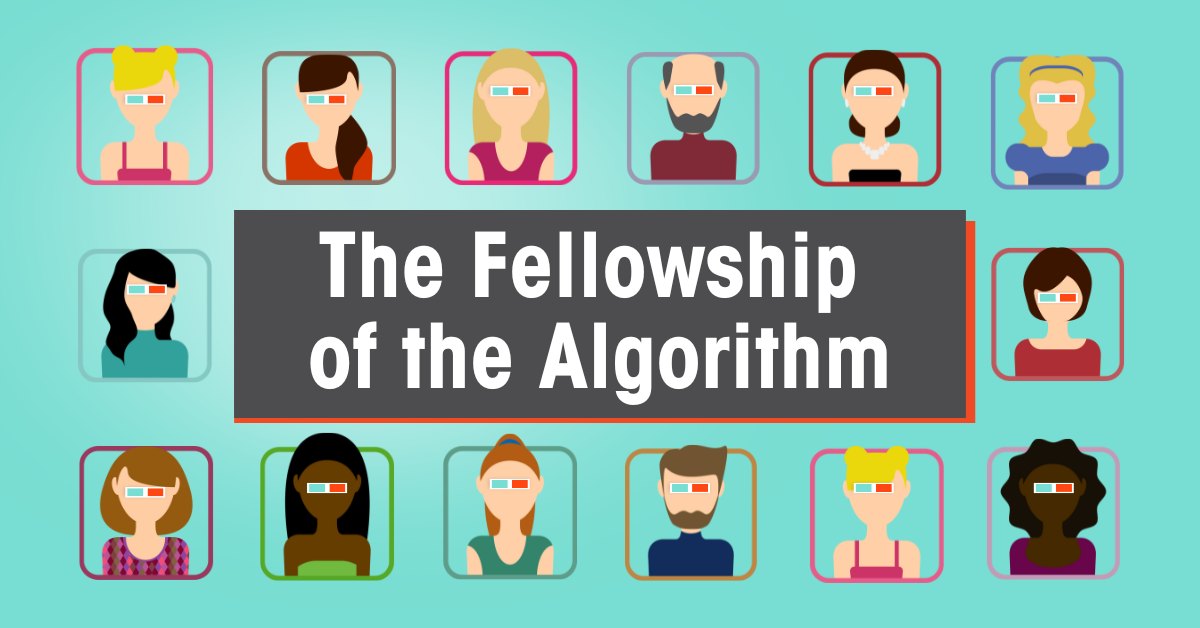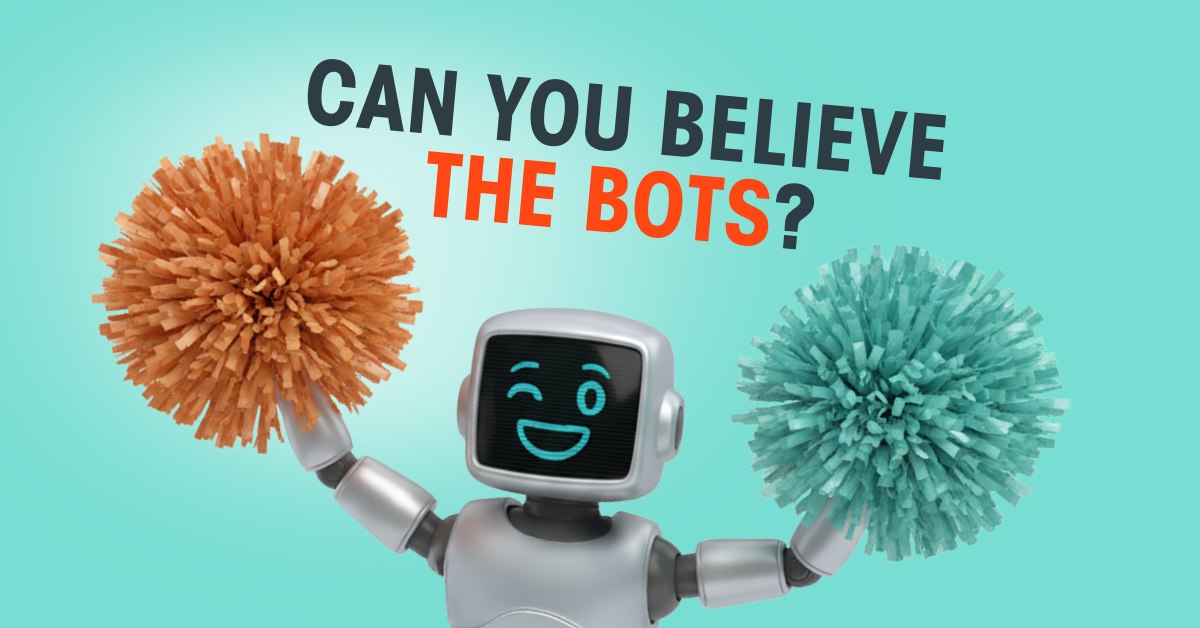Once again, the topics varied wildly at the FOYB hangout this week. We tackled everything from renovation headaches to debating whether an AI voice could read Tolkien better than Tolkien himself. That blend of daily life and cutting edge tech is exactly why these chats are never boring!
Grandma’s Dentist Was a Drug Dealer
The meeting opened with Steve stepping in for Stephanie, who was recovering from oral surgery. Paul dug up a 1920s ad for literal cocaine drops to treat toothaches, and that jump-started the jokes. From blackberry brandy to Nazi pilot amphetamines, the conversation detoured into a history lesson on humanity’s long tradition of dubious “quick fixes.” The lesson? We’re all beta testers in the long, messy experiment called human progress.
Stung By a Bad DMCA
Nancy shared a peek into her whirlwind week: moving offices, juggling painters, calling plumbers, and—because why not—dealing with a bee removal service. That last bit sparked a wild story: a small pest control company nearly had their entire site wiped from Google after an AI-powered DMCA takedown accused them of copying an OnlyFans creator, simply because they both used the word “bees.”Funny on the surface, but the punchline was serious: algorithms (and AI) don’t always get it right. Monitoring Google Search Console and disputing bad claims quickly can be the difference between business as usual and vanishing from the internet overnight.
Old Tales with New (AI) Voices
The group pivoted to AI voices, with a few members sharing experiments using ElevenLabs to clone authors’ voices for podcasts and blogs. Our resident “Webmaster of the Rings,” (or is it “Lord of the Pings”??) Jonathan, actually recreated J.R.R. Tolkien reading The Hobbit, which felt equal parts magical and mildly unsettling.
Whether it’s cocaine toothache drops or AI Tolkien, humans will always find creative ways to make the present look ridiculous to the future.
- Podcasters can instantly produce audio versions of written content.
- Bloggers can offer readers a “listen instead” option in their own voice.
- Businesses can add a personal touch to training, presentations, or even customer service.
But with this comes some weighty questions: Who owns the rights to a cloned voice? What if the speaker never consented? And how do we balance convenience with authenticity? The consensus: AI voices are powerful, but they work best with transparency. If you use them, let your audience know. Frame it as an enhancement, not a replacement, and you’ll build trust while still enjoying the perks.
Critical Thinking in the Age of AI
Ute threw out a big question: Are we actually giving AI new ideas, or just recycling what’s already online? That sparked debate. Some worried that outsourcing too much thinking could leave us rusty, skipping the hard mental work that keeps problem-solving sharp. Others argued it might free us to focus on communicating ideas more effectively, since the heavy lifting gets automated. Foster wrapped it up with a design-world truth: some challenges never change. Clients still can’t always articulate what they want, and “I’ll know it when I see it” isn’t going anywhere—AI or not. The real value is in human clarity and creativity: turning vague, half-formed thoughts into something tangible.Top Takeaway
This week’s hangout didn’t land on one big theme, but it delivered plenty of insights:- Algorithms make mistakes. Faulty DMCA takedowns and search engine quirks are proof that vigilance is part of the job.
- Tech nostalgia offers perspective. Remembering floppy disks or handwritten credit slips shows how fast we adapt—and how fragile our systems can be.
- AI raises new questions. From cloned voices to student essays, the line between helpful tool and questionable shortcut isn’t always clear.






0 Comments